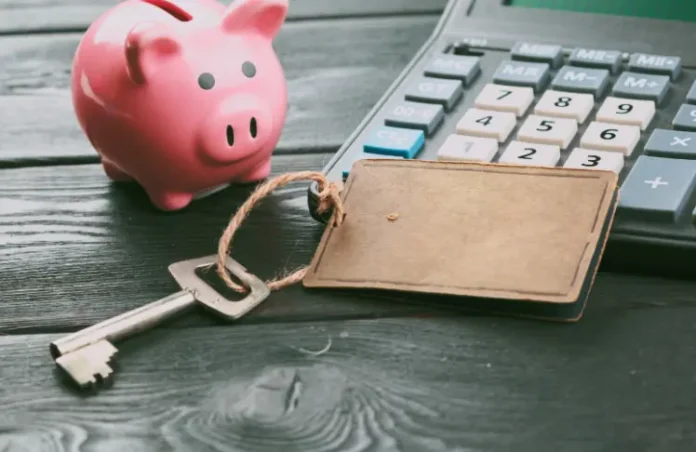Finances FYI Presented by JPMorgan Chase
People needing quick access to money will often turn to personal loans. Before taking out a loan, it is crucial to understand the different types of personal loans, when to consider them, how to use them responsibly, and strategies to secure the best interest rates.
Types of Personal Loans
Unsecured Personal Loans
Unsecured loans don’t require collateral, making them accessible to many borrowers. Lenders assume a greater risk, so the interest rates are typically higher than secured loans. Approval time can be immediate, and some restrictions on uses may apply.
Secured Personal Loans
Collateral, like a home, car, or savings account, is required to secure these loans. They often have lower interest rates due to reduced risk for the lender. Keep in mind that lenders can seize the property used for collateral if you cannot repay the loan.
Debt Consolidation Loans
These loans simplify repayment and may reduce payments by combining multiple debts into one loan. These loans help individuals manage debt more effectively, often providing lower interest rates than credit cards.
Joint or Cosigned Loans
Joint or consigned loans involve two or more people responsible for repaying a loan. They are often used when one borrower’s creditworthiness or income alone may not be sufficient to secure favorable terms. All parties are equally responsible for the debt, sharing both the benefits and risks. For cosigned loans, a secondary individual with a stronger financial profile supports the primary borrower, acting as a guarantor for the loan.
Buy Now, Pay Later (BNPL)
BNPL loans are a contemporary financing option that allows consumers to make purchases and defer payments over time. Interest rates can be higher than traditional financing, and missed payments may incur late fees, impacting the overall cost of the purchase.
When to Consider Personal Loans
- Emergency Expenses. Personal loans can provide a financial safety net for unexpected medical bills, car repairs, or other emergencies.
- Debt Consolidation. Combining high-interest debts into a single loan with a lower rate can save money and simplify repayment.
- Home Improvement. Personal loans can be a cost-effective way to fund home renovations, enhancing the property’s value.
- Major Life Events. A personal loan may be appropriate to fund significant life events such as weddings, education, or moving expenses.

How to Use Personal Loans Responsibly
Assess your financial situation to determine how much you can comfortably borrow and repay before applying for a loan. Factoring in interest rates, fees, and other associated costs. Carefully review the loan agreement, including interest rates, repayment terms, and any penalties for late payments, to ensure that the terms align with your financial goals and capabilities.
Exercise caution and steer clear of certain types of loans to avoid falling victim to predatory lending practices. Payday loans, for instance, are notorious for their exorbitant interest rates, often reaching triple digits annually. These short-term, high-cost loans can trap borrowers in a cycle of debt, making it challenging to repay the principal amount. Predatory lenders often target vulnerable individuals with poor credit or urgent financial needs, taking advantage of their desperation.
Paying loans on time is fundamental to maintaining a positive credit history and financial stability, building a good credit score, and preventing late fees and penalties. While meeting the minimum payment is essential to avoid penalties, allocating additional funds toward the principal amount reduces the overall interest paid over the life of the loan. By making extra payments, you can expedite the journey toward financial freedom, freeing up resources for other priorities.
Getting the Best Interest Rates
There are several steps you can take to ensure the best interest rates, including:
- Check Your Credit Score. Get a copy of your credit report, address any inaccuracies, and take steps to improve your credit score before applying. Borrowers with better credit scores typically receive better interest rates.
- Shop Around. Use online tools to compare interest rates, fees, and terms from multiple lenders to find the most favorable terms.
- Consider a Cosigner. Having a cosigner with a strong credit score may help secure a lower interest rate if your credit history is poor.
- Negotiate with Lenders. Don’t hesitate to negotiate terms with lenders by highlighting your creditworthiness and financial stability.
Personal loans can be valuable in achieving your financial goals if you carefully evaluate your financial situation, consider alternatives, secure the best possible terms, and use them responsibly.
Finances FYI is presented by JPMorgan Chase. JPMorgan Chase is making a $30 billion commitment over the next five years to address some of the largest drivers of the racial wealth divide.
























